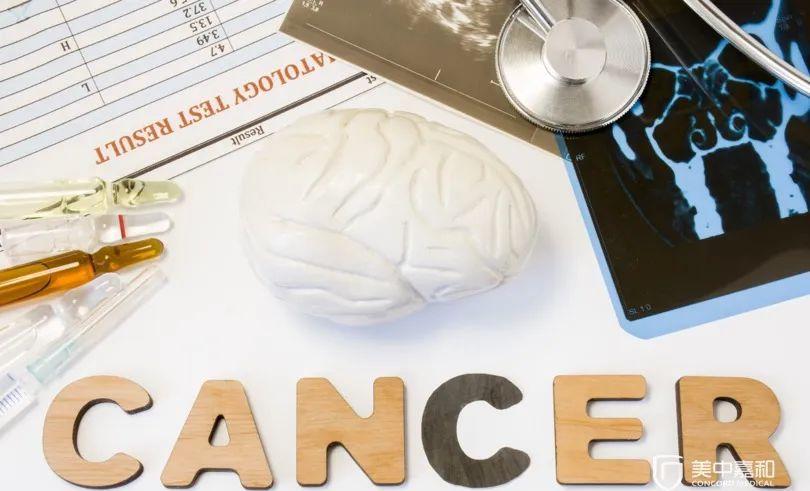In the current physical examination package, there are not only regular items, but also some "new items" specifically for tumors.
Especially in terms of genetic testing, some recommendations such as "25 tumor susceptibility gene tests" and "106 tumor genes screened at a time" make people itch but not sure whether they are reliable.
Is tumor genetic testing reliable? Who is it for? How to deal with the high risk of detection?

Genetic factors are one of the high risk factors for the development of cancer, and epidemiological studies have shown that hereditary tumors account for about 5% to 10% of all tumors.
With the continuous deepening of genetic research in the medical community, some genes have been found to be closely related to specific cancer species.
For example, BRCA1 and BRCA2 gene pathogenic mutations are directly related to hereditary breast cancer and ovarian cancer, and actress Angelina Jolie even underwent preventive mastectomy surgery without breast cancer because she was detected to carry the brCA1 gene with mutations.
At present, breast cancer, stomach cancer, and bowel cancer have all found tumor susceptibility genes directly related to them, and the relationship between some tumors and specific genes has been relatively clear. Therefore, in the prevention of tumors with relatively clear susceptibility genes, genetic testing is of reference value to assess the risk of cancer.
In addition, there will be different gene expressions at different stages of tumors, so tumor gene testing has guiding significance for tumor treatment and requires dynamic real-time monitoring.
At this stage, genetic testing can be considered if there is a clear genetic family history of tumors.
For example, three generations of blood relatives, that is, (external) grandparents, parents, themselves, children, (granddaughters); collateral blood relatives, brothers and sisters of parents, my cousins (cousins), nephews (daughters), nieces (daughters), etc., if there have been tumor patients in them, they belong to the high-risk genetic population. In addition, people who have already suffered from tumors are recommended to undergo relevant genetic testing according to the doctor's instructions before receiving treatment, so as to formulate a more appropriate treatment plan, and dynamic real-time monitoring is required during treatment.
At present, the cancers suitable for genetic testing include the vast majority of tumors, such as lung cancer, breast cancer, bowel cancer, stomach cancer, ovarian cancer, melanoma and so on.
If the presence of susceptibility genes is detected, it can only mean that the risk of tumors will be increased to a certain extent, and does not mean that cancer will inevitably occur.
People who have been detected can undergo regular targeted early screening under the guidance of a doctor, such as those with a susceptibility gene for bowel cancer, who can undergo regular colonoscopy.
As long as early detection and early treatment are achieved, it is easier to achieve a good prognosis than patients who know nothing about the disease and are already in advanced stages at the time of diagnosis.
Of course, if some people are at very high risk, doctors may recommend preventive treatment, so please follow your doctor's advice.
In fact, genetic testing may provide more help for people who already have tumors.
Before receiving treatment, patients can find effective targets through genetic testing, and then select targeted targeted therapy drugs.
Negative predictors may also be detected in genetic testing, suggesting that certain drugs may not only fail to achieve a good prognosis, but may even accelerate disease progression. This is of great reference value for the formulation of medication regimens.
At different stages of the tumor, there will also be different gene expressions, so dynamic real-time monitoring can help doctors better grasp the progress of your condition, and carry out targeted treatment and intervention.
Therefore, it is recommended that after the tumor patient has undergone puncture or tumor resection and obtained a tissue sample, under the guidance of a doctor, those with the condition can choose to conduct genetic testing to provide more clues for the subsequent treatment plan formulation, and can also make the treatment less detour.
Source | Junkang Science Club